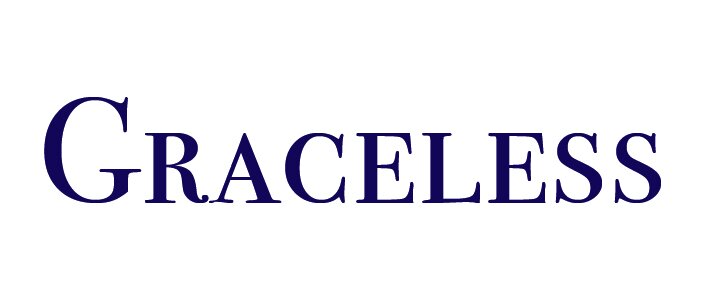Making History Relevant
I always loved school. Each August, my parents would take my brother and I to Staples, and I would parade around the aisles, selecting color-coded notebooks that I greedily planned to fill with knowledge in the months ahead. I fidgeted all through Labor Day weekend, anxious to get back to learning while the rest of the world relished the final days of summer. On the morning of the first day of school, I would wake before my alarm, too excited to sleep and too delighted to finally put on my cool new outfit.
I was the kid who sat up front, never skipped class, and raised my hand constantly. I understood school – I loved learning, I loved my teachers, and I did well in just about every subject. As I continued to excel through high school and think ahead to what I might like to study in college, I was torn. I loved science, and the process of inquiry and experimentation. I loved English, writing and exploring new worlds through books. Most of all I loved math, where I could use logic to solve any problem. But when prompted, I would always say my least favorite subject was social studies. It was boring. History seemed peppered with unnecessarily detailed dates and names that were completely irrelevant to my current life. I dreaded writing papers on the Civil War or Great Awakening. Analyzing primary source data in heavy, dry textbooks was an exercise in futility. History was lame, and there was no way around it.
But in college, it turned out all I wanted to think about was social studies. I loved politics and international relations. I loved economics. I loved religious studies and sociology and anthropology. I loved education and law. And I even liked history. And somehow, in twelve years of traditional schooling in a truly great public school system, it had never occurred to me that these things fell within the realm of “Social Studies” or that the subject could be interesting or even fun. And that’s a shame.
In my work now, I do everything I can to make sure that kids grow up loving and embracing social studies. Because the fact is that most students are very interested in the ways that the world works when it comes to questions of diversity, justice, government and economics – but many of them will also tell you that their history classes feel boring and irrelevant. That shouldn’t be the case.
I work with teachers and schools to make social studies more interactive and to incorporate simulation, project-based learning and real-world applications into their classrooms. Together, we give students the chance to see things from a different perspective, step into the shoes of a major stakeholder past or present, and exert influence and offer solutions to real problems that may be local, global, or even historical. This type of learning requires imagination, empathy, and a whole lot of critical thinking. But it’s fun, and students find their own voices and opinions and learn to speak for themselves even as they speak for others.
I am lucky to work with teachers across the country and around the world who are passionate about changing the paradigm for social studies education, but there are often enormous burdens placed upon them that make change slow and difficult. High-stakes testing and rigorously defined benchmarks mean that teachers have to convey very specific information in a very specific time frame. While I think there is validity in setting high standards and clear guidelines for learning, I also think we need to trust teachers to be successful and give them the freedom to be creative and use their judgment when it comes to engaging their students. Right now we focus on shaping how they teach, instead of what they teach, so that students can develop the skills they need to succeed, while still learning the facts they need to pass standardized tests. I help teachers turn their classroom into a debate forum, simulating the US Congress on the outbreak of civil war, the UN general assembly discussing how to combat climate change, or the allied powers discussing the Treaty of Versailles. If we let students experience history instead of just hearing about it, they can better understand why it mattered and how it shaped the world we live in today.
If we want our young people to grow into informed and engaged citizens who ask good questions and work to make lives better, we need to make sure that social studies remains relevant and interesting and give teachers the tools they need to make it that way. Memorizing the details of the past will not make that happen, but understanding the how and why of where we are today through a lens of historical context can. While literacy and numeracy are crucial to an excellent education, we must not forget that citizenry is just as important, and we must work to make excellent social studies education a reality for all children.

